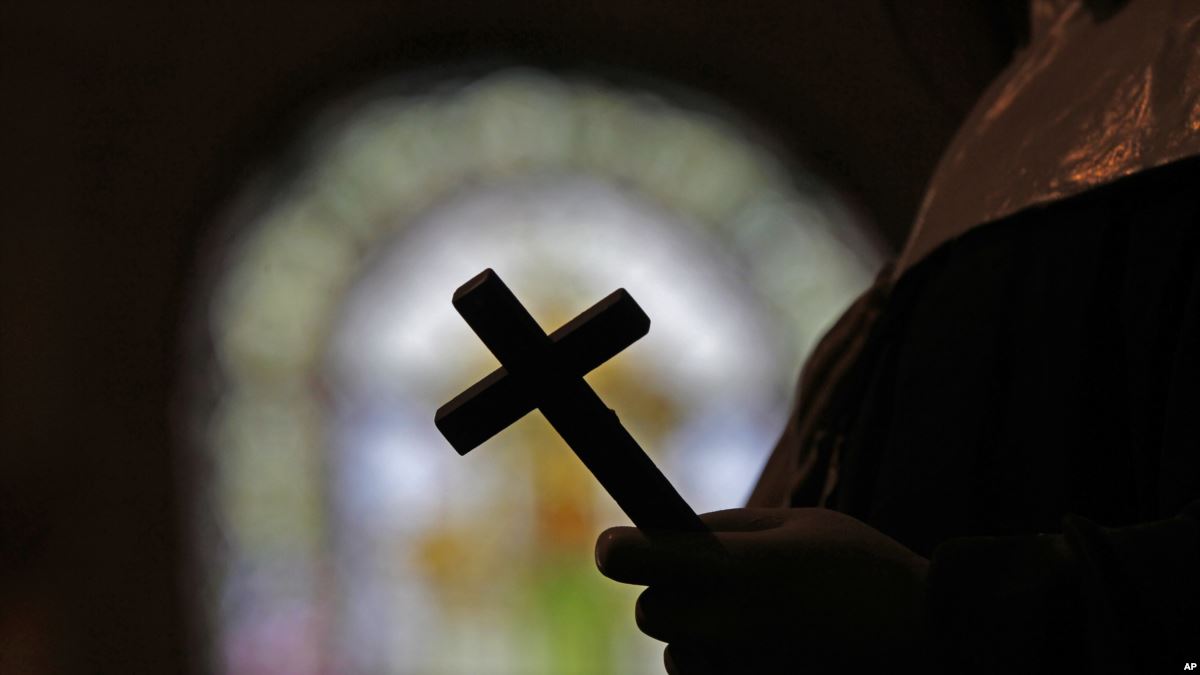Another round of sexual scandals involving Catholic priests recorded in Iowa. The diocese of Sioux city, which is in charge of all the Church institutions in the North-West of the state, for the first time published a list of Ministers convicted of abuse of children in the period from 1948 to 1995.
It turned out that even according to conservative estimates, more than 5% of the priests who worked in the diocese in the entire history of its existence, corrupting minors. Church leadership named the 28 Ministers responsible for sexual harassment of 106 children. It is already known that dozens of victims were not included in the report.
«The publication of this list is the beginning of a new Chapter in the history of our diocese. We want this act contributed to the creation of an atmosphere of openness and transparency,» said Bishop R. Walker Nickless.

Even according to conservative estimates, more than 5% of the priests who worked in the diocese in the entire history of its existence, corrupting minors.
Human rights activists over a long period of time demanded of the Church administration Sioux city to release the report. The diocese refused to meet the victims of sexual harassment, while the authoritative edition of the Associated Press have not found another terrible crime.
The reporters found that the Church leadership for 32 years concealed information about the abuse of 50 boys the Reverend Jerome Coyle. Priest 20 years, abused children, and when the diocese found out about it, then decided not to publicize information about crimes.
Human rights organisations welcomed the actions of the Church leadership, but noted that the diocese has just taken the path of correction. According to them, through these steps the victims of past crimes no longer live in fear. It is important that people were not afraid to denounce the priests who have violated Church precepts.
Of the 28 Ministers of the diocese, accused of serious crimes, survived only 6 people. The rest died of old age or other reasons. In most cases they have not suffered the just punishment for their sins.
The surviving servants are still under the care of the Church. They are deprived of dignity, contact with youth and abide by many other restrictions. But human rights activists are confident that such punishment for these people is not enough.